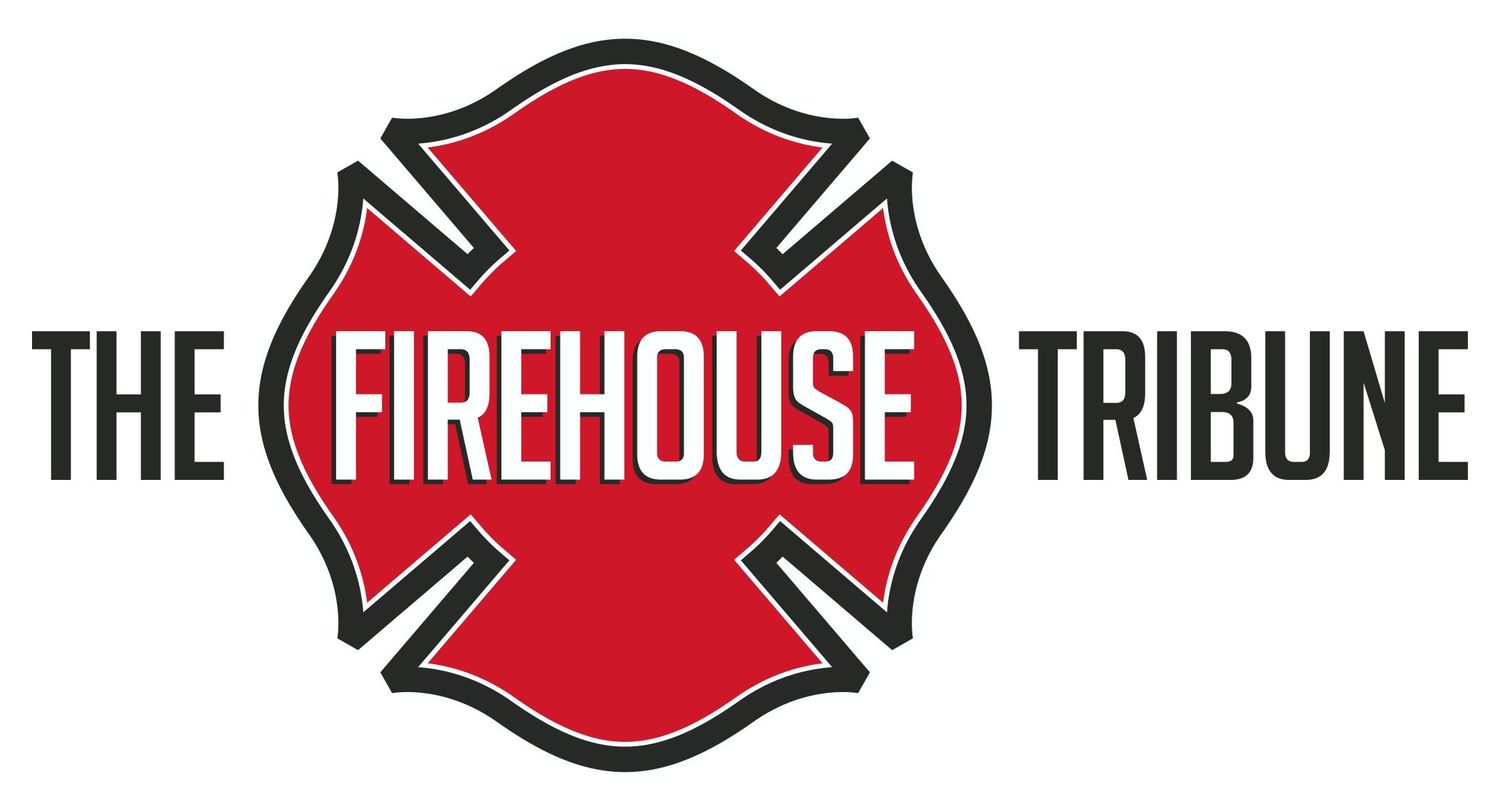Sleep and Firefighters
One thing firefighters have been known to lack, is lack of sleep. Generally, not something that is talked about or brought up in conversation, but lack of sleep has links to firefighter injury and death. Think about it, emergency service personnel live off shift work and interrupted sleep patterns which are out of their control since alarms can happen any time of any day.
According to The Journal of Clinical Sleep Medicine, sleep or interrupted sleep patterns could be a major factor in more than 60 percent of firefighter deaths. The majority of these are caused by heart attacks and traffic accidents. Research has shown that approximately 7,000 firefighters have reported to suffer from numerous sleep disorders such as obstructed sleep apnea, insomnia and shift-work disorder which was reported by the New York Times.
They also reported firefighters are also more likely to develop serious health problems such as cardiovascular disease, diabetes, depression and anxiety because of sleep disorders. In addition to these health problems, firefighters are also likely to report an increase in kidney disease, high blood pressure, stroke and obesity.
NYTHEALTH RESEARCH
Firefighter Deaths Could be Linked to Poor Sleep
Helen Regan Nov. 14, 2014
Sleep plays an integral role in physical health and especially of one of a functional athlete.
The human body is built with an internal clock and changing to our sleep patterns at any time can disrupt or alter the internal clock which is built on routine – something we don’t have much of as firefighters. While sleeping our bodies are healing and repairing our heart, blood vessels, muscles and allowing our bodies to heal. In addition, sleep with repair and consolidate memory.
So what could we do to ensure we get a sufficient amount of sleep off duty so we are recharged and energized for our next shift?
Here are a few tips to try while off duty:
1. Routine. This is important. Stick to a sleep schedule while home.
2. Power Down. Turn off or avoid all electronic devices 30-60 minutes prior to bed.
3. Keep Cool. Try to keep the bedroom cooler than other areas of the house. Majority of people sleep more soundly in a cooler bedroom.
4. No alcohol or caffeine. Both are known to disrupt sleep patterns either by unexpected wake ups or restless sleep.
5. Comfort. Invest in a pillow and/or mattress that’s comforting to you. This also helps eliminate muscle, nerve and joint pains especially headaches.
6. FAST. Try hard to avoid large meals close to bedtime as much as possible.
Proper training, proper nutrition and proper recovery (along with sleep) are all vital to our success as firefighters on the job and off.
Until next time; work hard, stay safe & life inspired.
About the Author
NICHOLAS J. HIGGINS is a firefighter with 16 years in the fire service all within departments in Piscataway, NJ. Nick has held the ranks of Lieutenant and Captain as well as being a township elected District Fire Commissioner for 1 term (3 years) in Piscataway, NJ. He is also a NJ State certified level 2 fire instructor and currently a State of New Jersey Advocate for the National Fallen Firefighter’s Foundation. He holds a B.S. in Accounting from Kean University working in Corporate Taxation and is the founder/contributor of the Firehouse Tribune website.
